When it comes to enhancing athletic performance, many people focus on training intensity and technique—but overlook one of the most crucial pillars: nutrition. The basics of sports nutrition aren’t just for elite athletes; they’re essential for anyone who wants to optimize recovery, strength, energy levels, and long-term health. Whether you're hitting the gym, running marathons, or playing weekend sports, understanding these fundamentals can dramatically impact your performance.
What Is Sports Nutrition?
Sports nutrition is the science of fueling your body for physical activity. It combines principles of biology, physiology, and dietetics to help individuals perform better and recover faster. At its core, sports nutrition focuses on how different nutrients—carbohydrates, proteins, fats, vitamins, and minerals—affect your performance, endurance, strength, and recovery.
The Core Pillars of Sports Nutrition Basics
-
Carbohydrates: Your Primary Fuel Source
Carbs are the most efficient source of energy for your body during intense workouts. Stored as glycogen in your muscles and liver, they provide readily available fuel. For high-intensity or endurance sports, a carbohydrate-rich diet ensures your energy stores don’t deplete too quickly. -
Protein: The Building Block of Recovery
Protein plays a key role in muscle repair and growth. After training, consuming protein helps your muscles recover and adapt to the stress of exercise. For most active individuals, 1.2–2.0 grams of protein per kilogram of body weight per day is typically recommended, depending on training intensity. -
Fats: Essential for Endurance and Hormonal Health
While often misunderstood, fats are critical for long-duration activities and hormone production. Healthy fats like those from avocados, nuts, seeds, and olive oil should be part of a balanced diet—especially for endurance athletes who rely on fat metabolism during long sessions. -
Hydration: The Foundation of Physical Performance
Dehydration impairs both mental focus and physical capability. Even a 2% loss in body water can negatively affect performance. Drinking water throughout the day, and replacing electrolytes lost through sweat, is vital—especially during extended workouts or hot weather. -
Micronutrients: Small But Mighty
Vitamins and minerals such as iron, calcium, magnesium, and B vitamins support energy metabolism, muscle function, and bone health. Athletes often have higher micronutrient needs due to increased physiological demands.
Timing Matters: When You Eat Is Just as Important
Nutrient timing can significantly impact performance. Eating a carbohydrate- and protein-rich meal 2–3 hours before training provides sustained energy and primes your body for activity. Post-workout, a 30–60 minute window is ideal for replenishing glycogen stores and initiating muscle repair. This is often referred to as the “anabolic window.”
A Personal Reflection
In my early days of training, I made the classic mistake of focusing purely on effort—pushing through grueling workouts without giving much thought to what I ate. I'd often skip meals or eat whatever was convenient, thinking that exercise alone would get me results. It wasn’t until I suffered recurring fatigue and slow recovery that I started learning the importance of nutrition.
Once I dialed in my intake—adding more quality carbs before workouts, prioritizing protein afterward, and staying properly hydrated—my energy levels stabilized. I was able to train more consistently and noticed real gains in strength and endurance. That shift in focus from just training harder to fueling smarter made all the difference.
Avoiding Common Mistakes
-
Skipping meals or undereating can lead to energy crashes and increased injury risk.
-
Over-relying on supplements instead of getting nutrients from whole foods.
-
Neglecting hydration, especially in endurance sports.
-
Ignoring recovery nutrition, leading to slower muscle repair and fatigue.
Tailoring Nutrition to Your Sport
Different sports place different demands on the body. A sprinter’s nutritional needs will differ from those of a long-distance cyclist or a bodybuilder. While the core principles remain the same, adjusting macronutrient ratios and meal timing based on your sport's intensity and duration ensures optimal performance.
Final Thoughts
The basics of sports nutrition aren't just theory—they're tools that empower you to train better, recover faster, and perform at your best. By making intentional food choices and understanding how your body responds to various nutrients, you can unlock a new level of athletic potential. Don’t treat nutrition as an afterthought—treat it as the fuel that drives your progress.


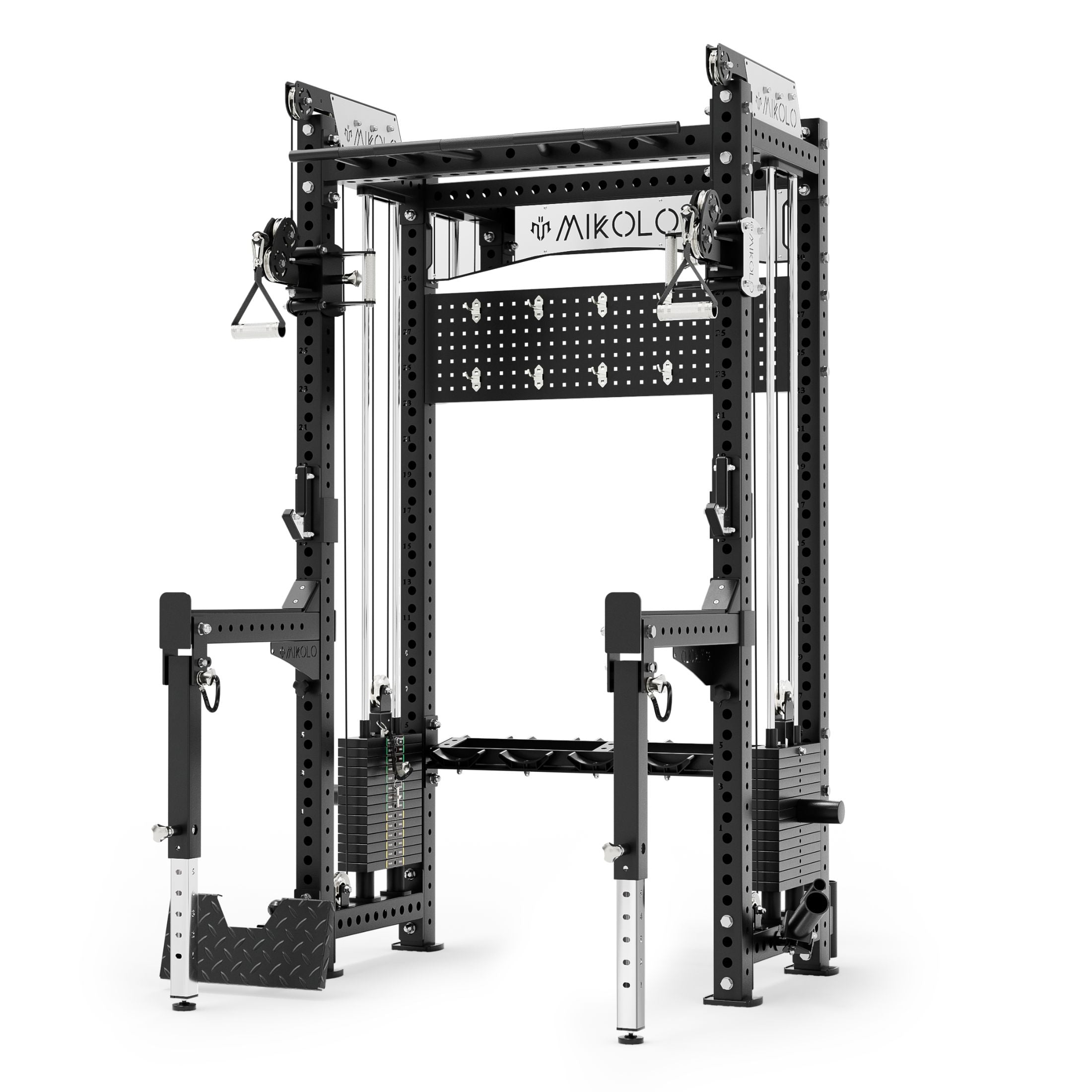
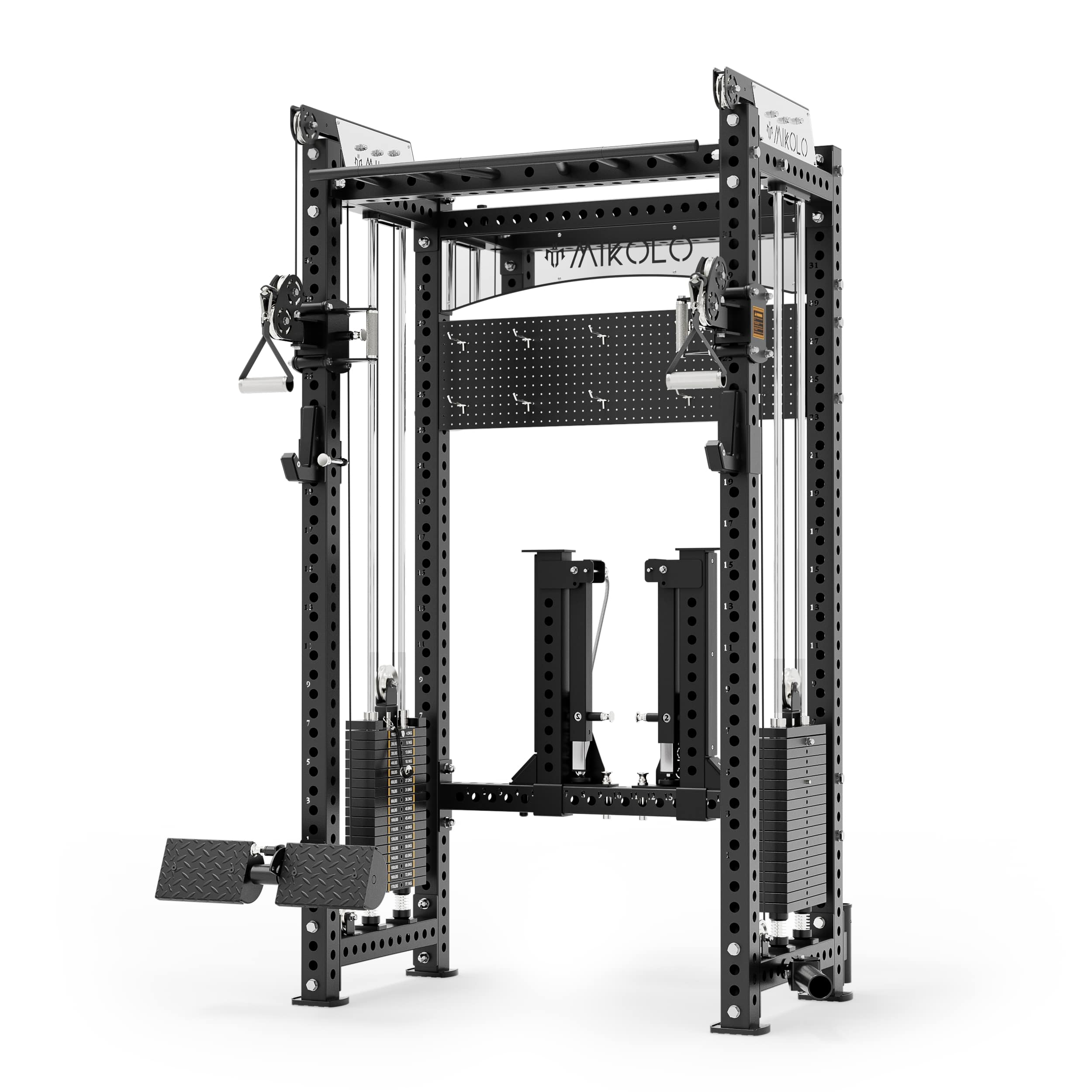
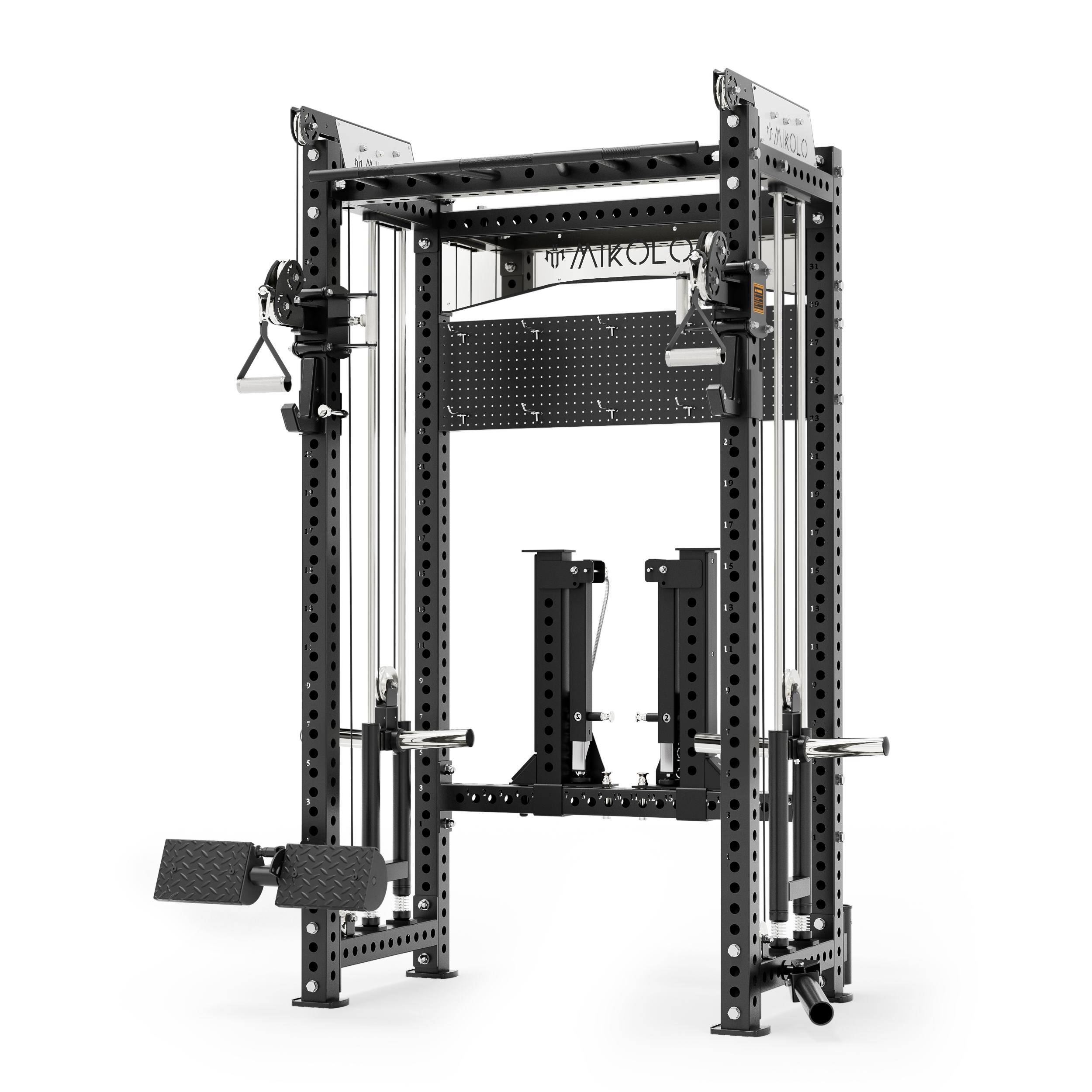


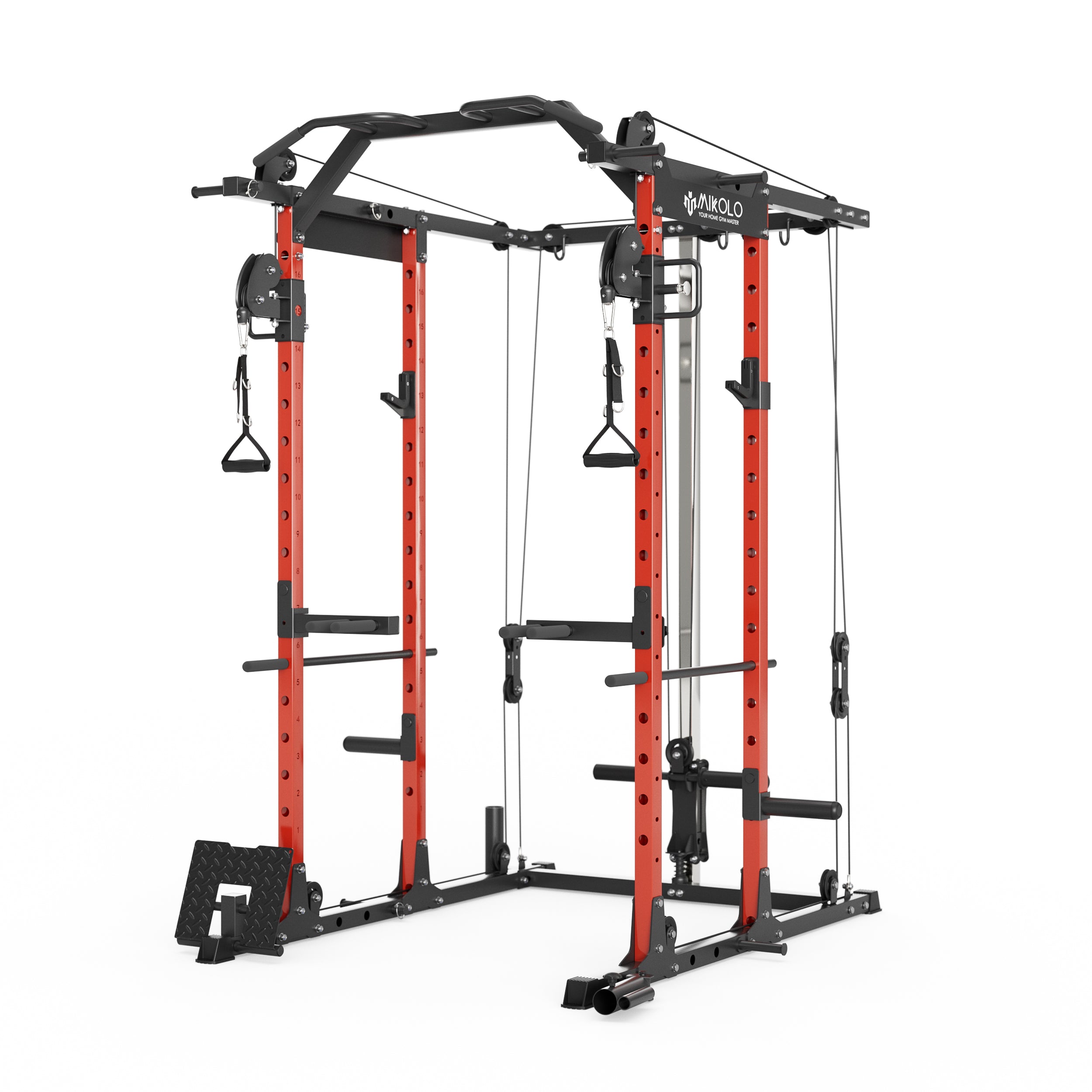
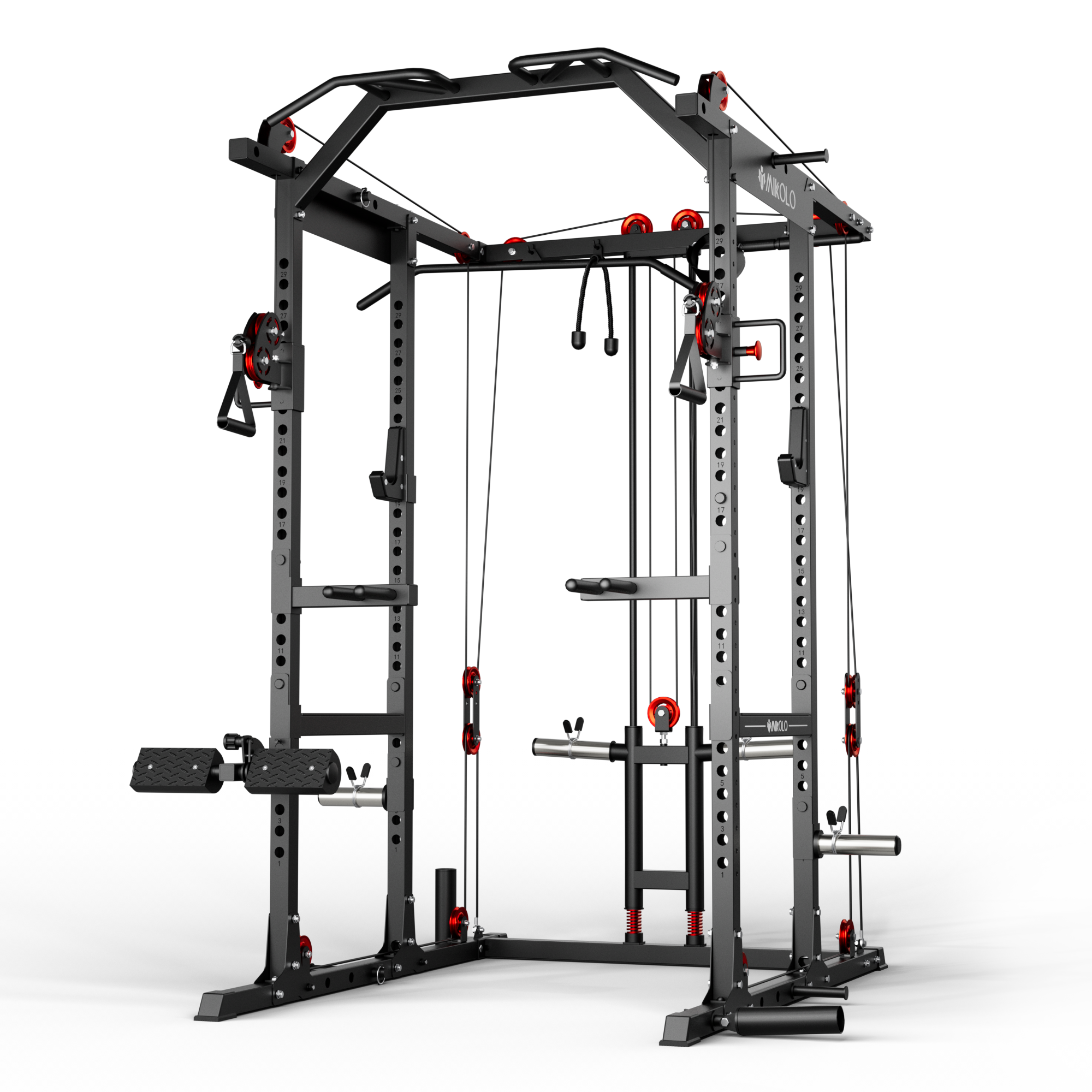

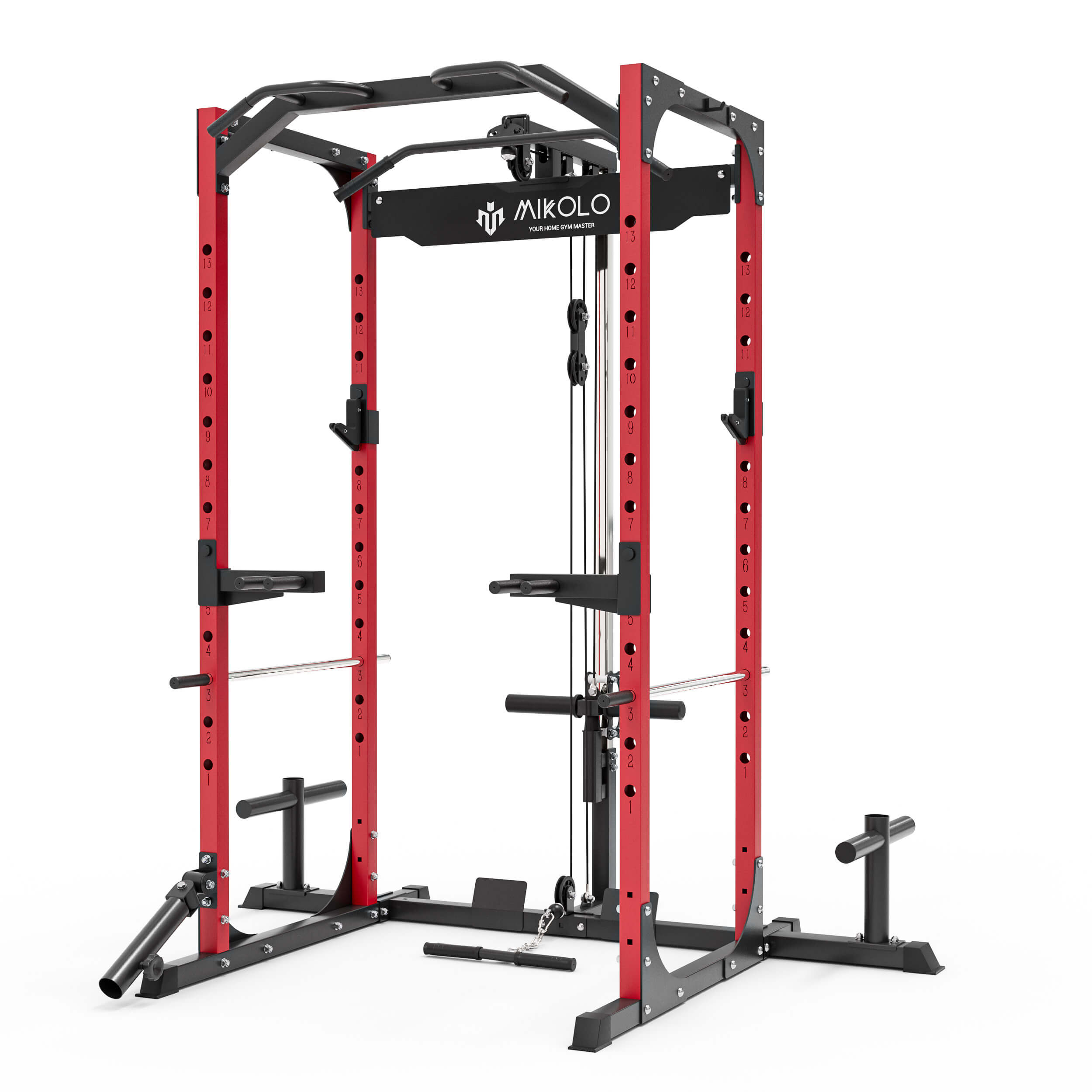
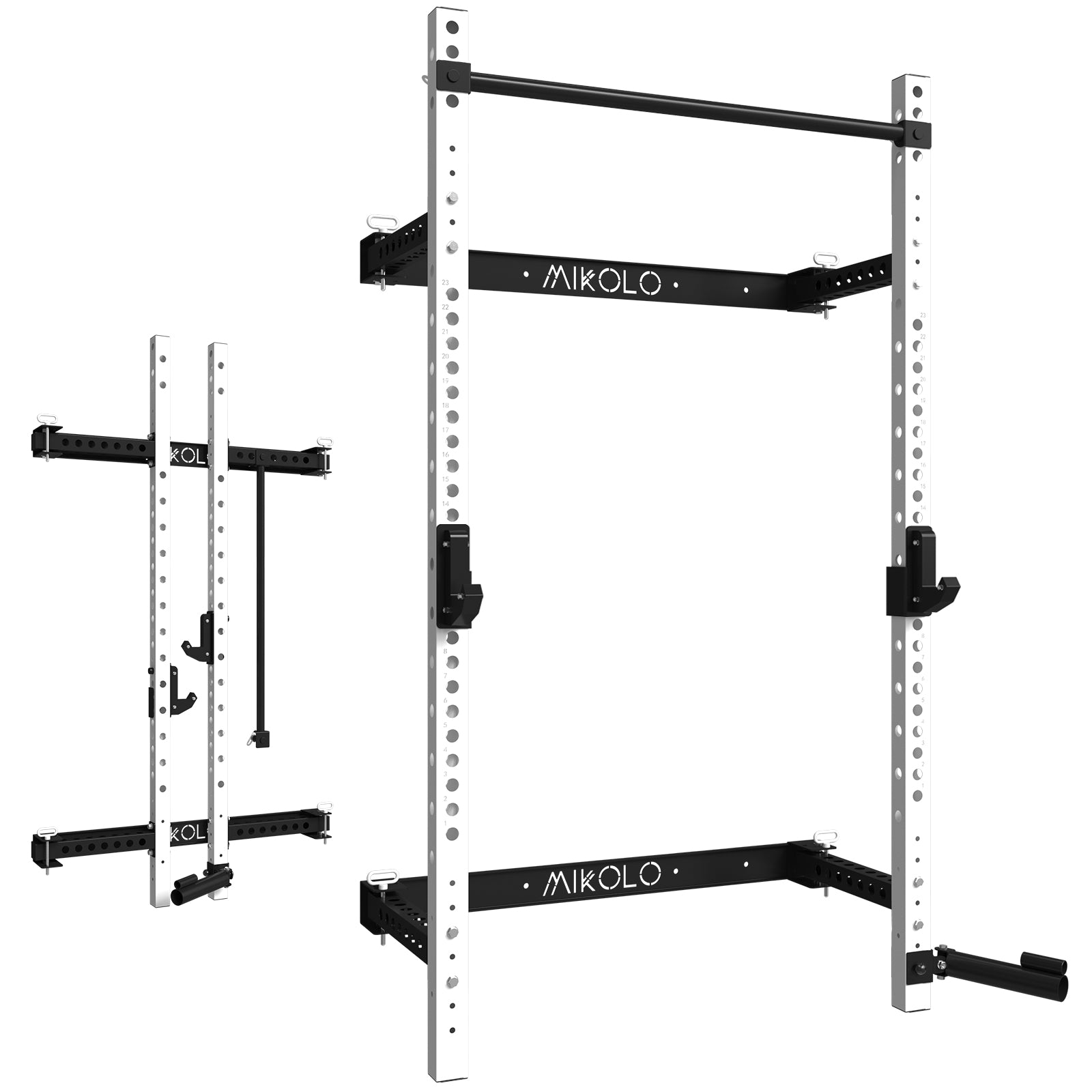


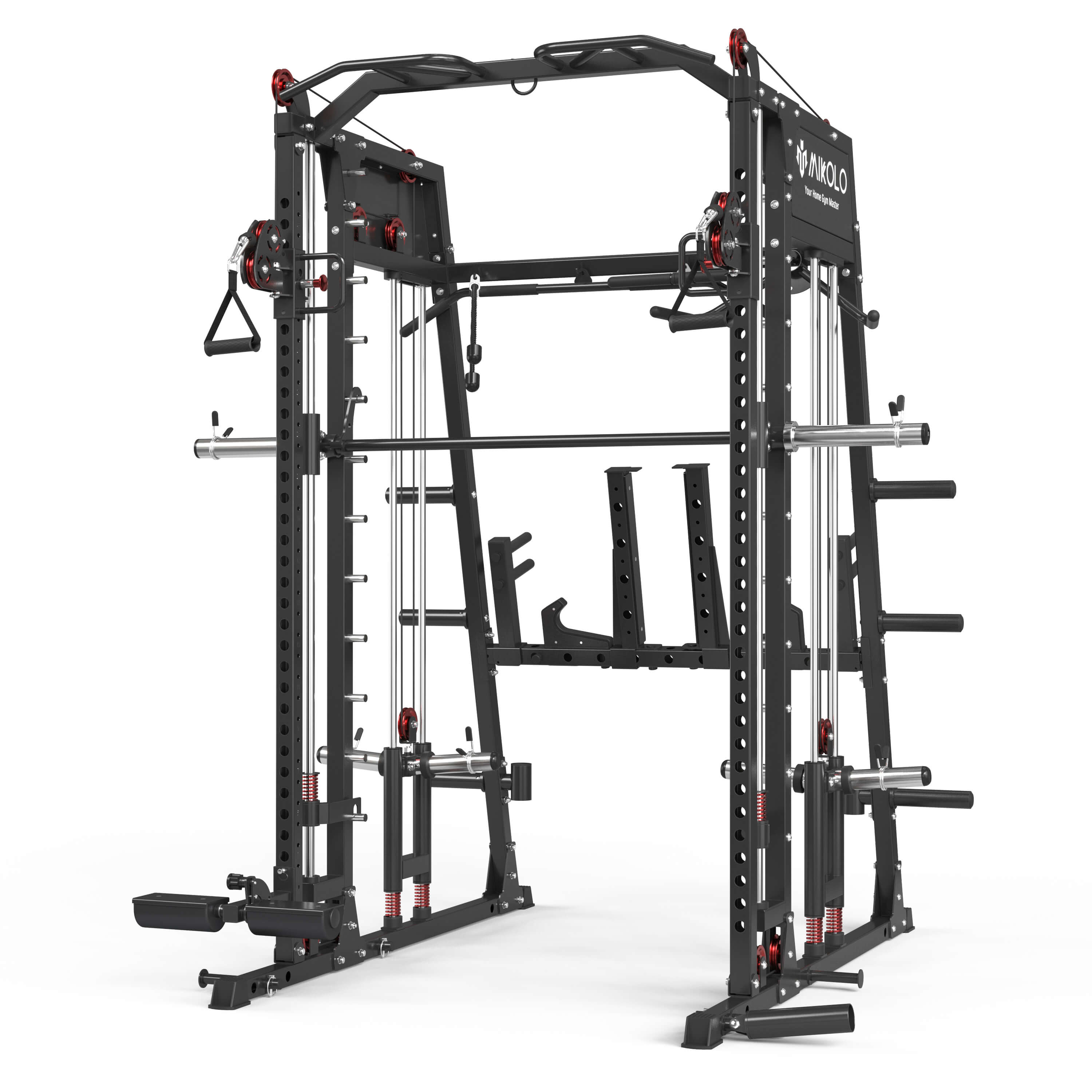
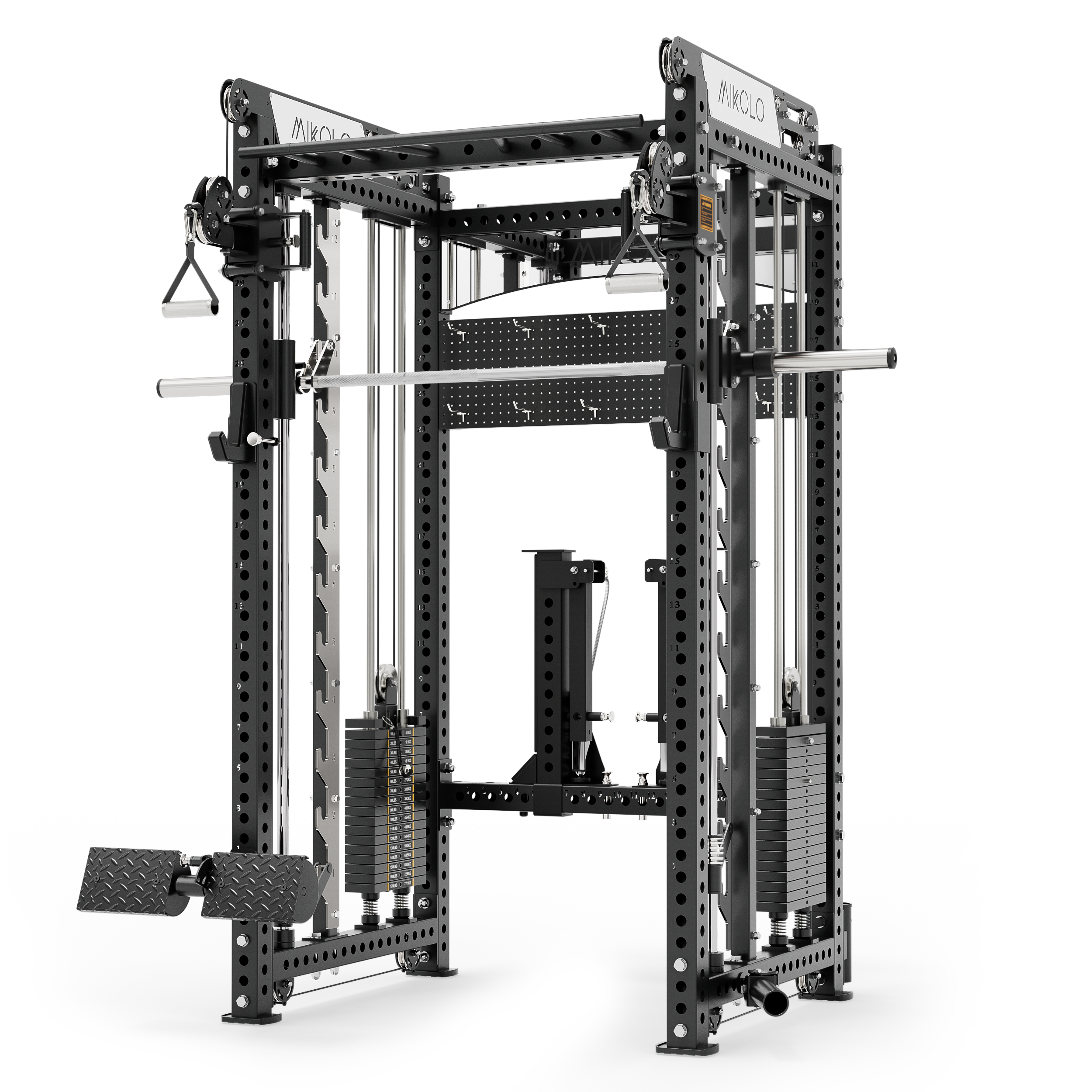
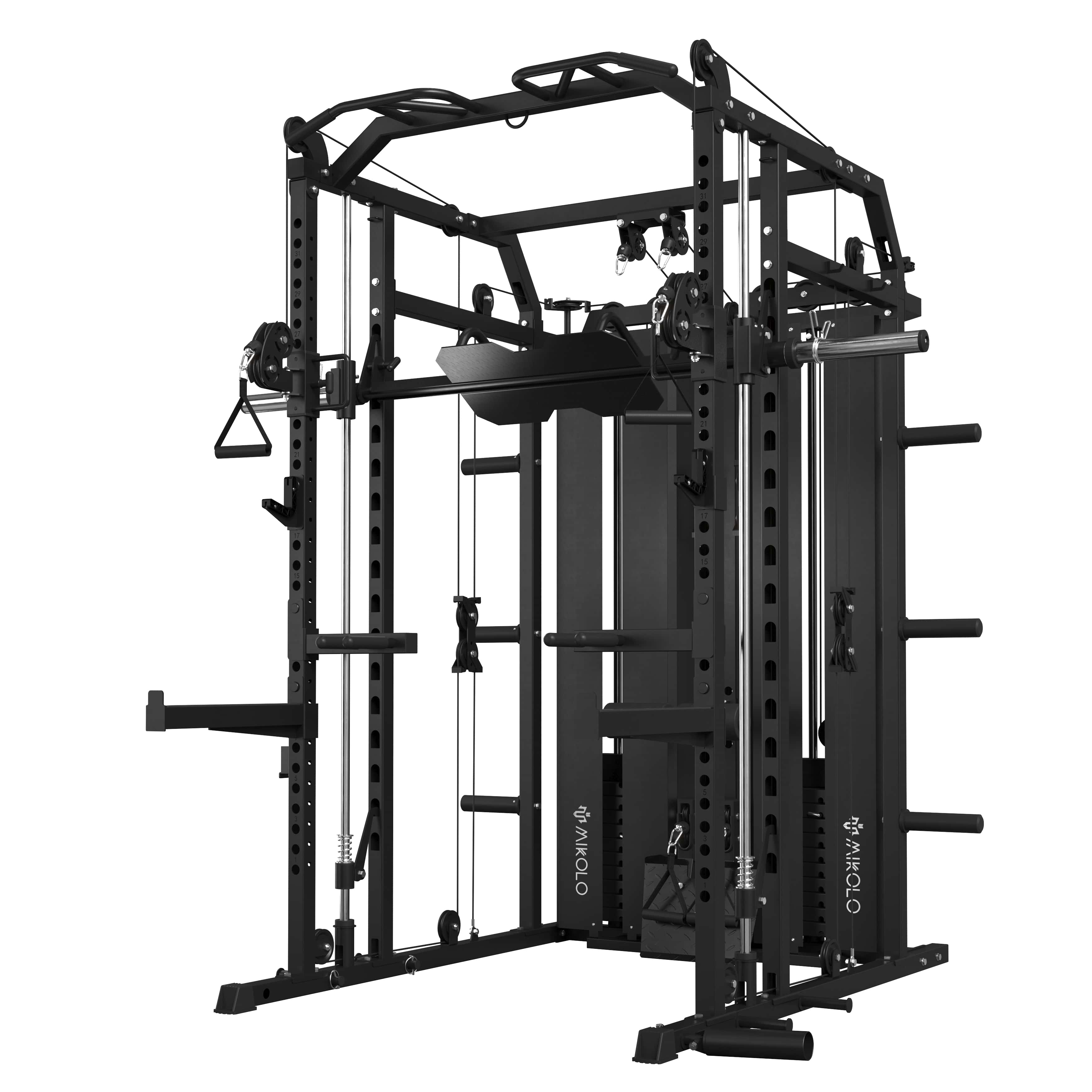
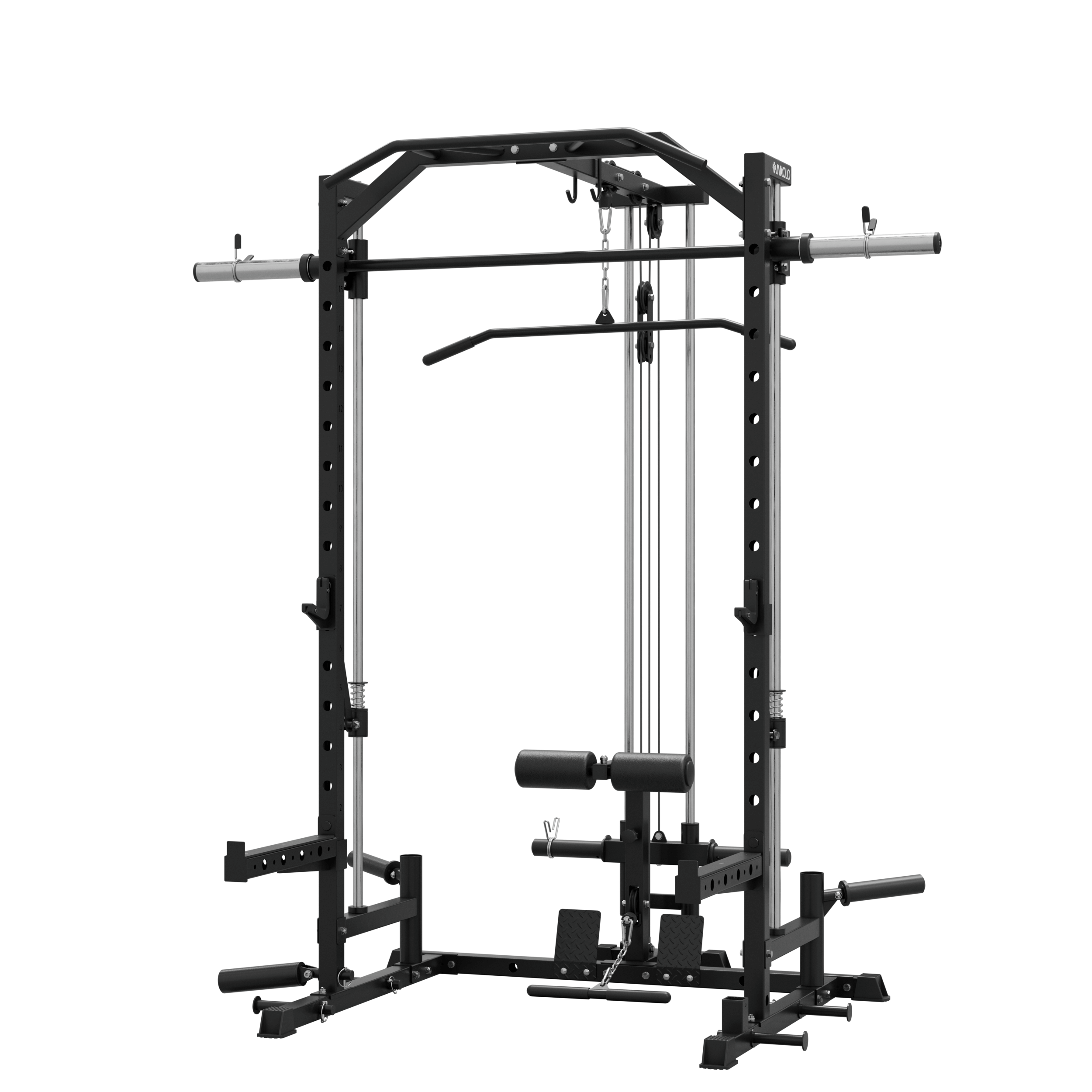
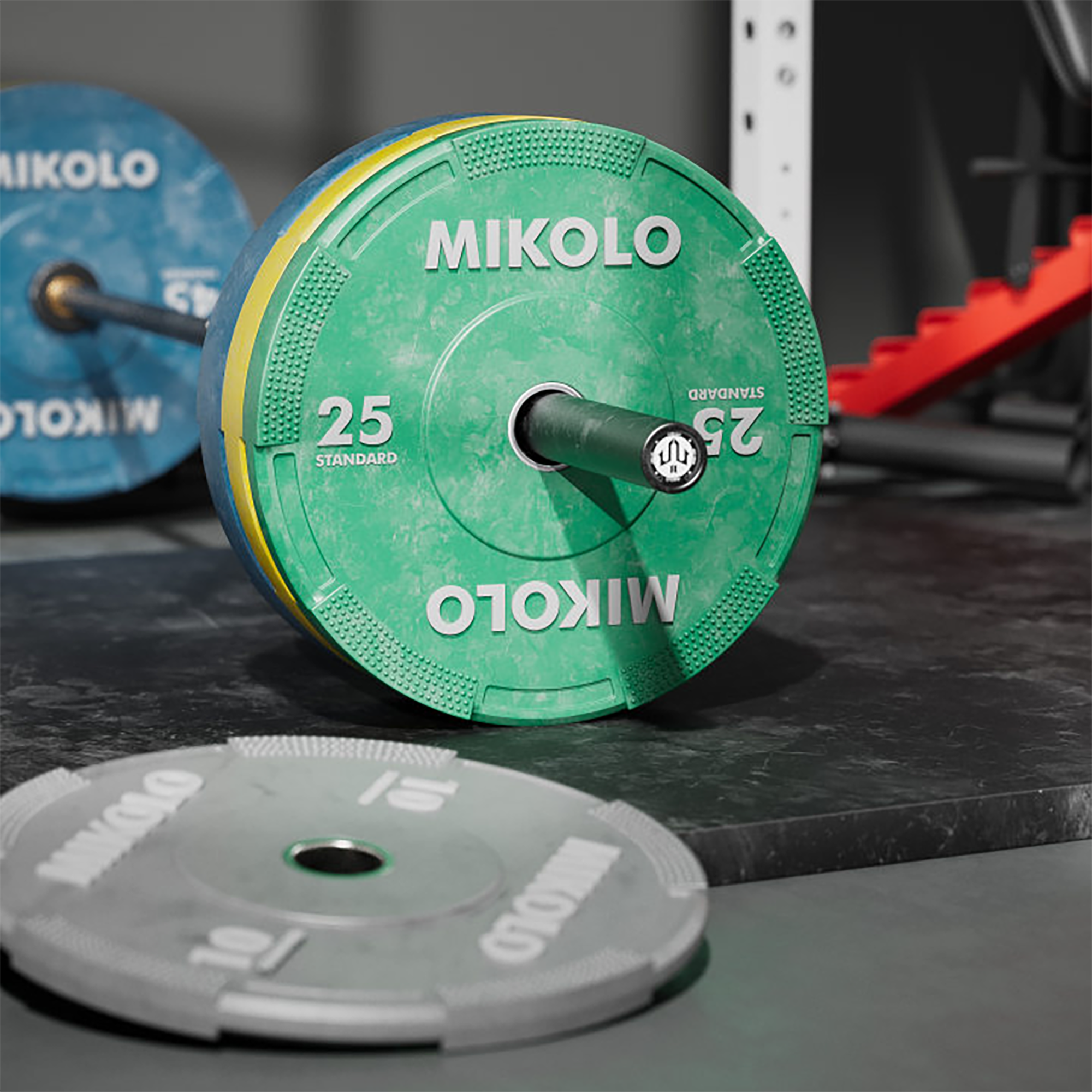


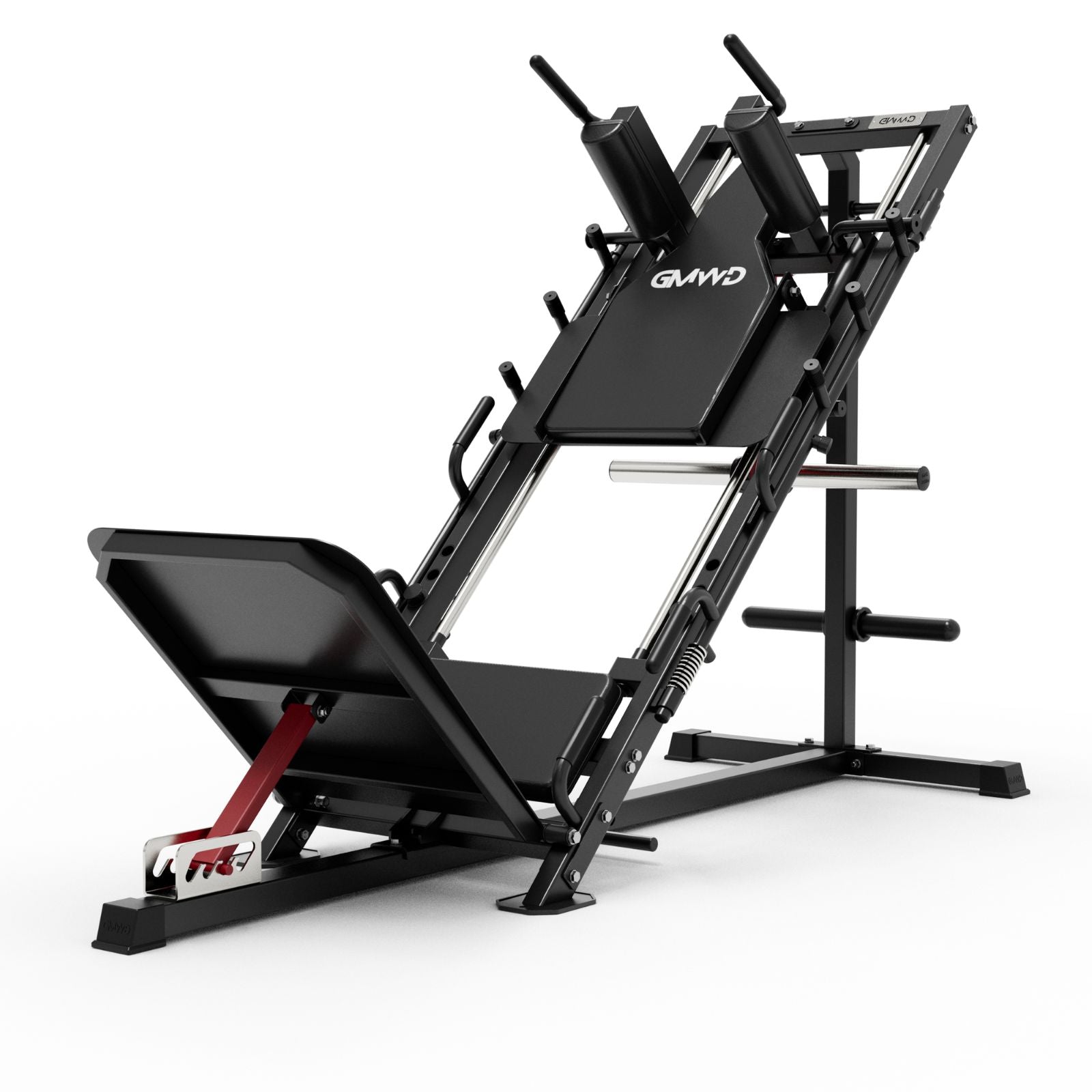



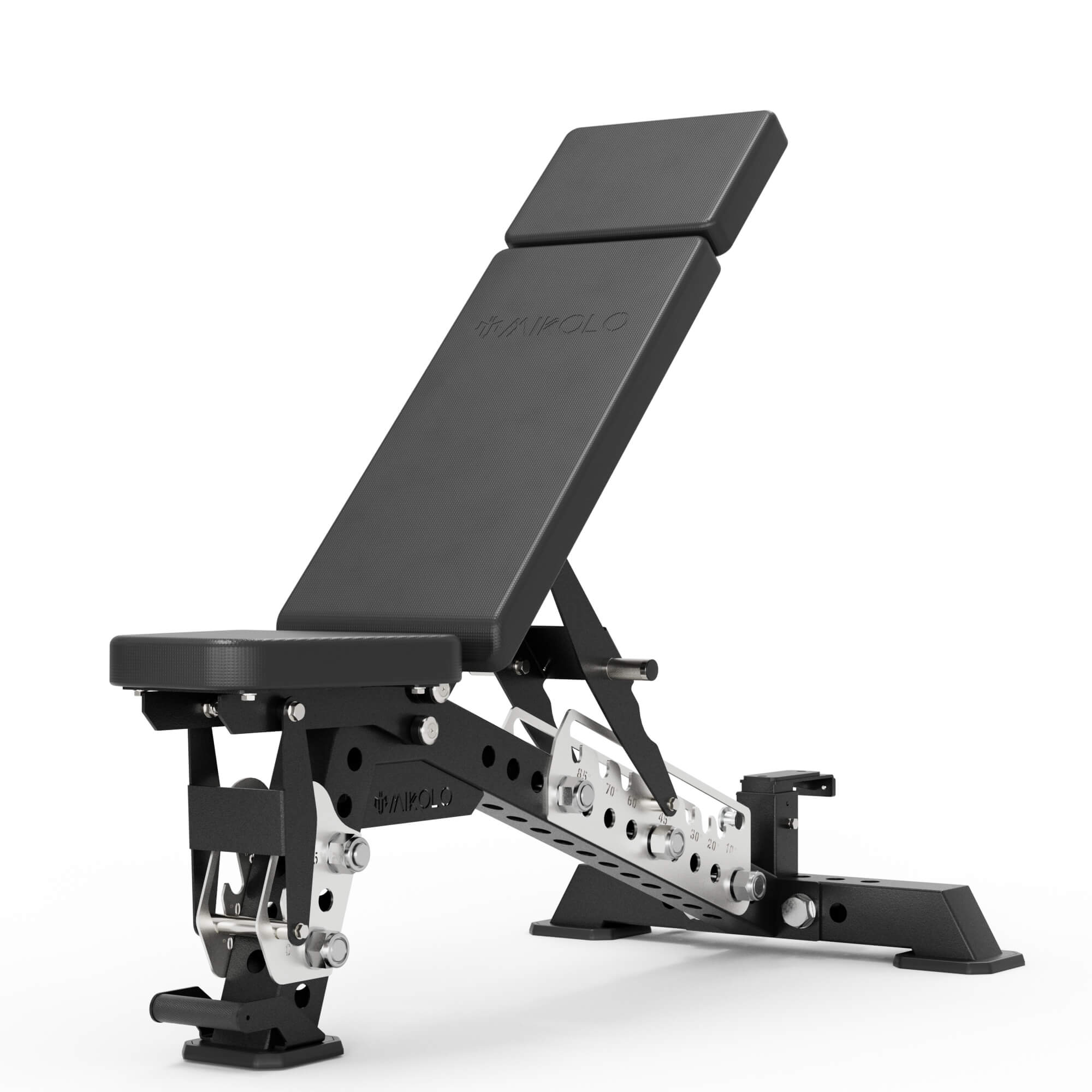





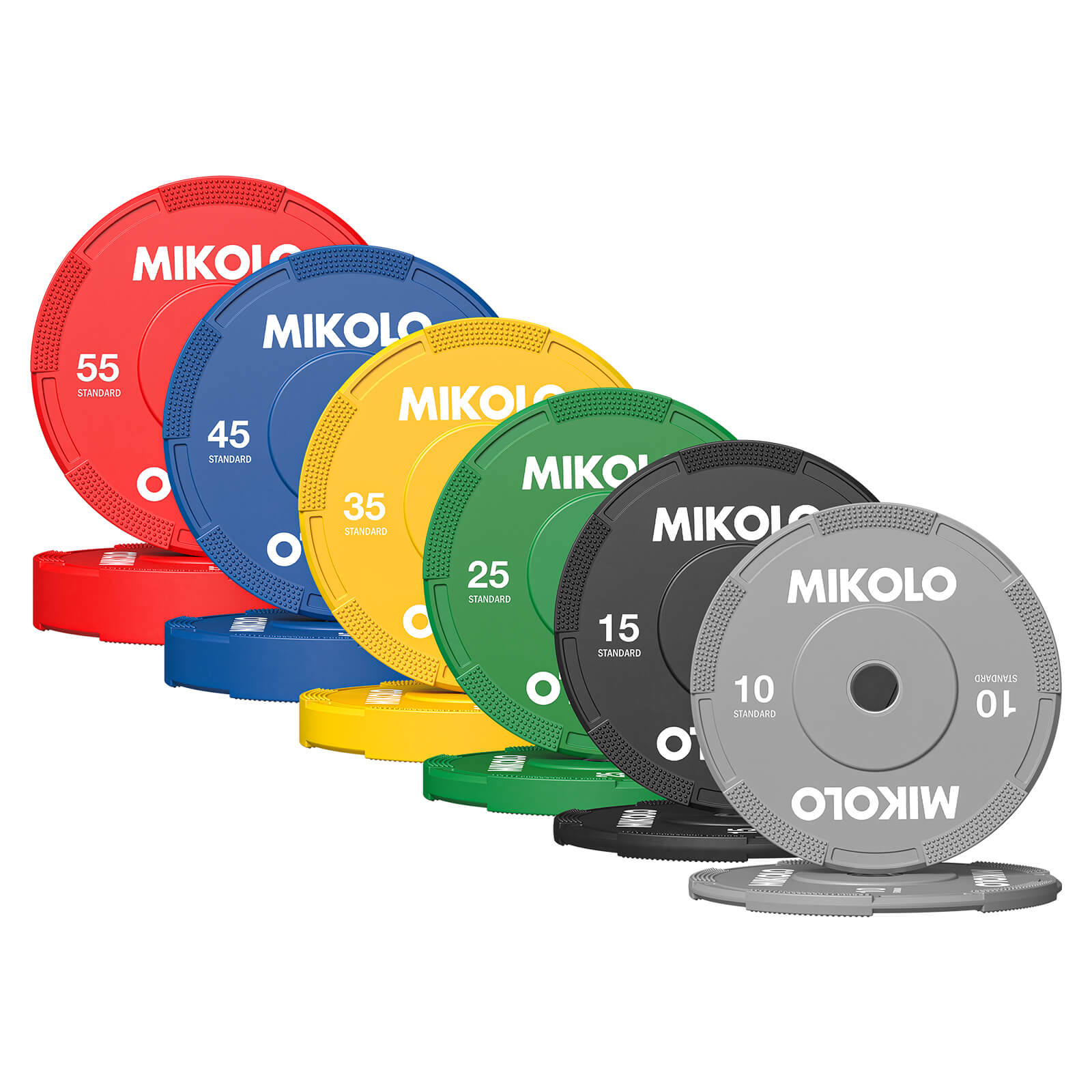

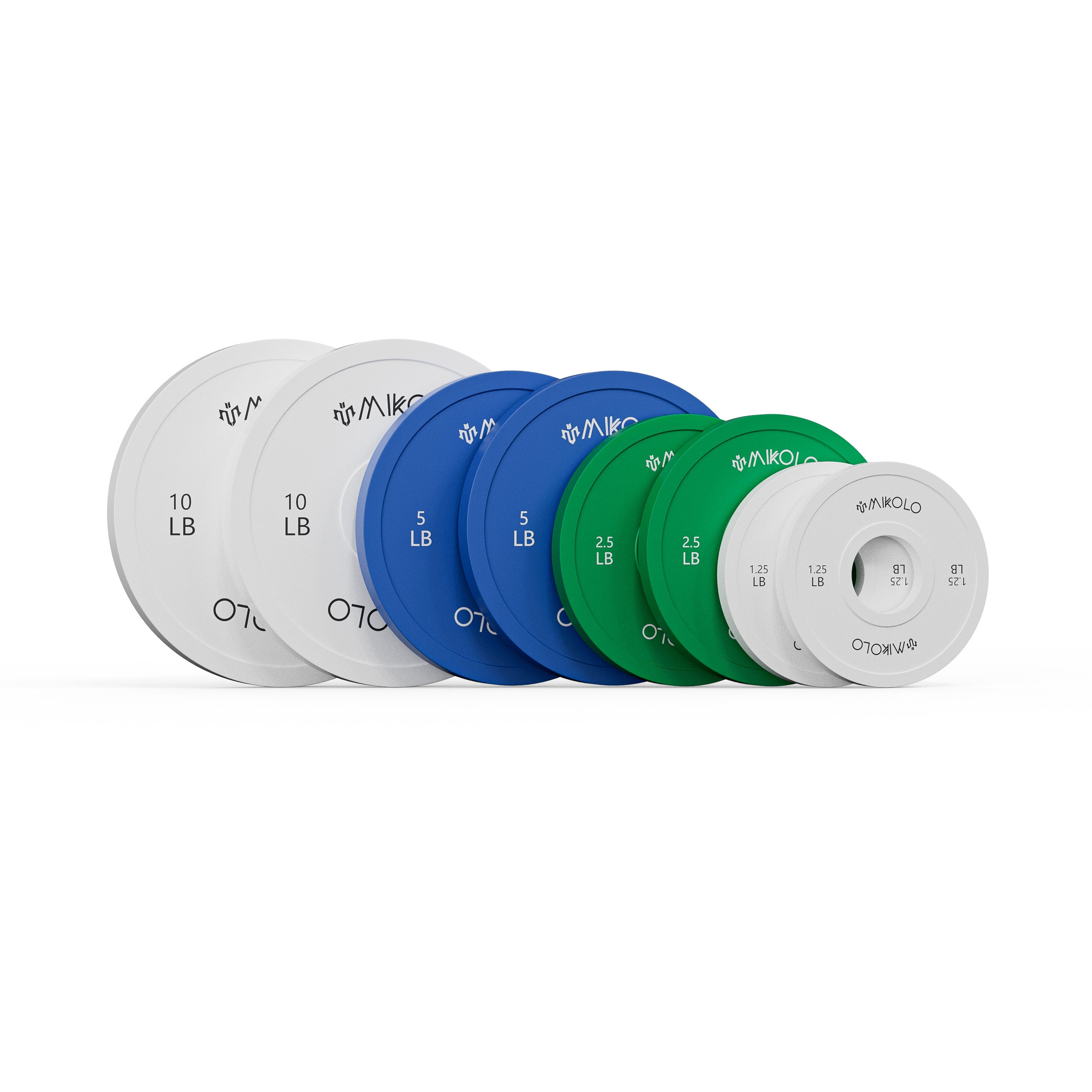

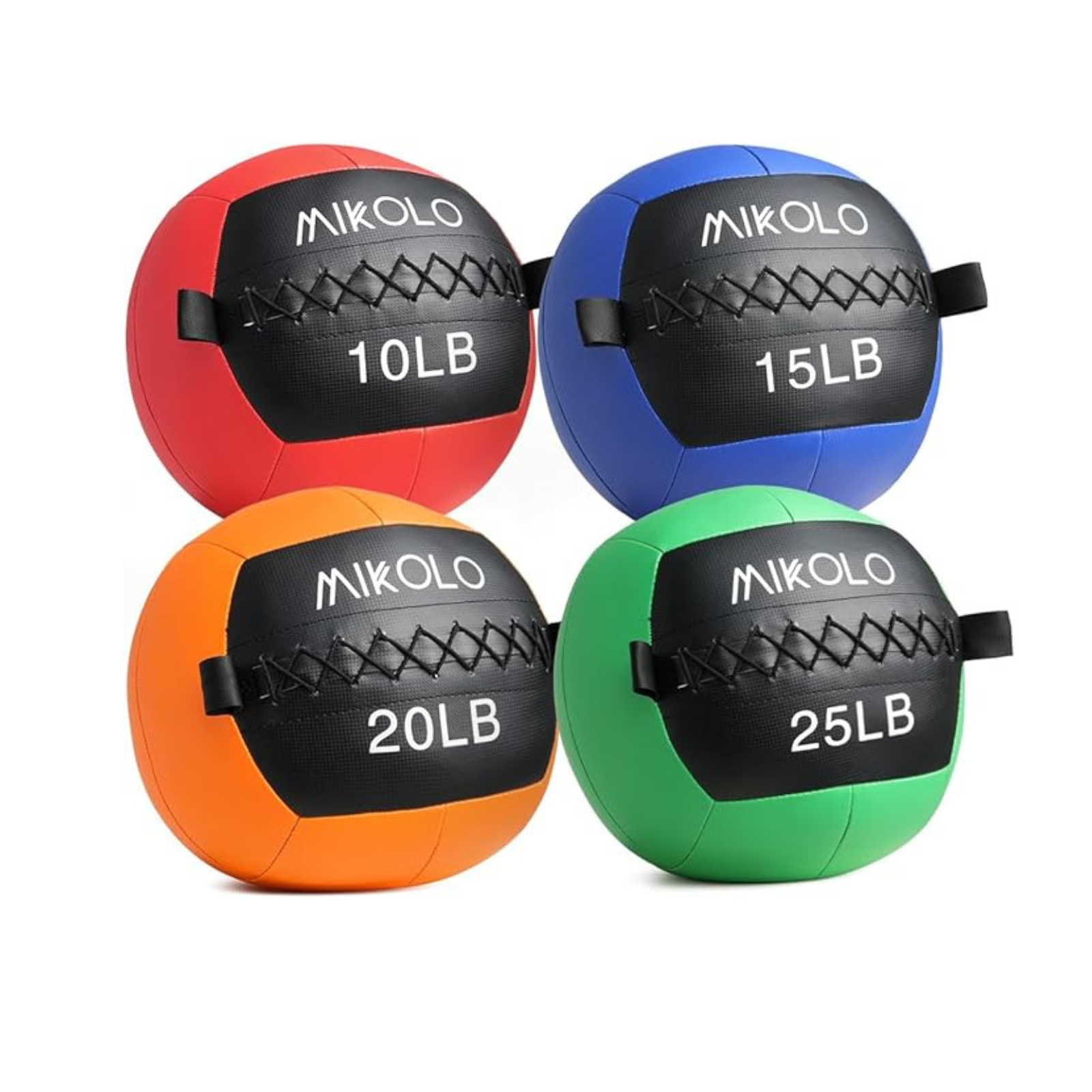
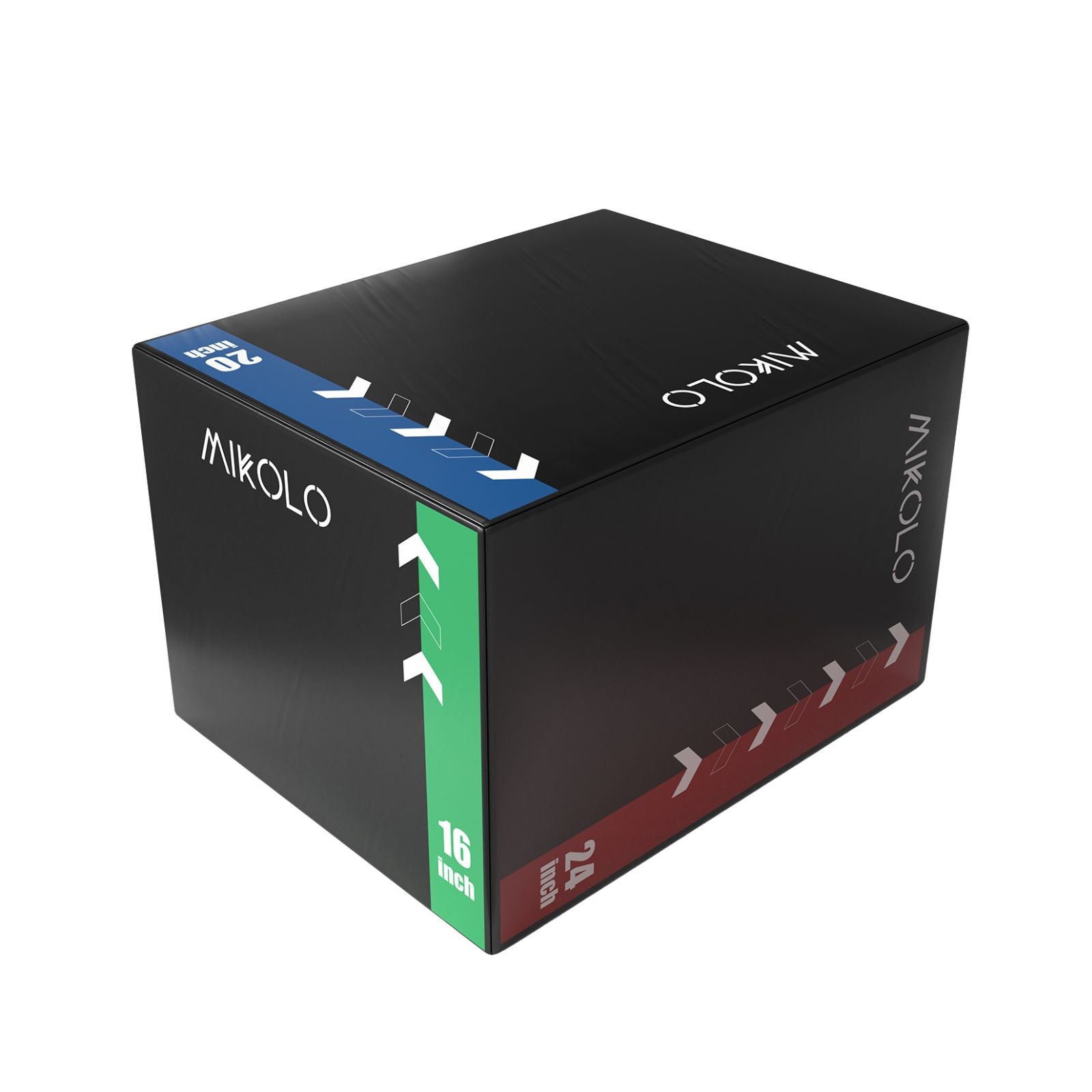






Leave a comment
This site is protected by hCaptcha and the hCaptcha Privacy Policy and Terms of Service apply.